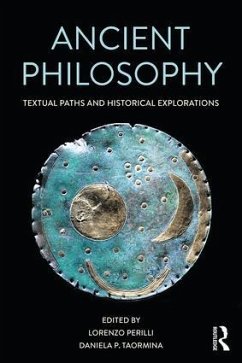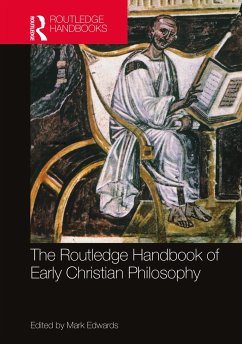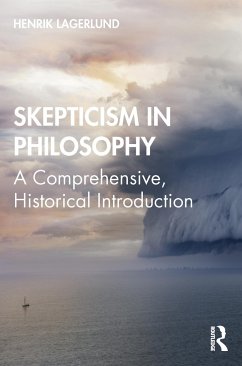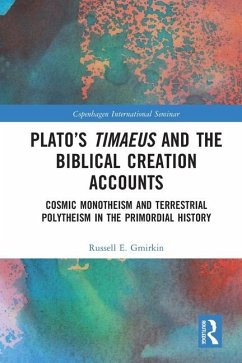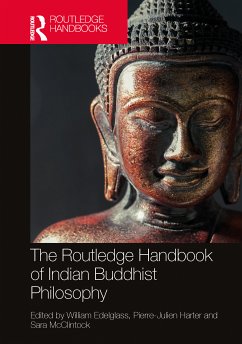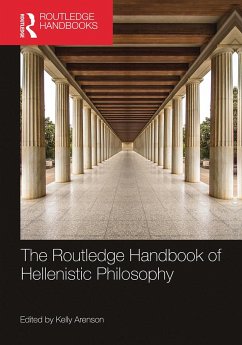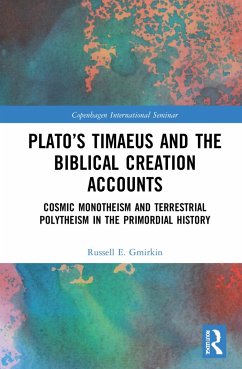
Pyrrhonian Buddhism
A Philosophical Reconstruction
Versandkostenfrei!
Versandfertig in 6-10 Tagen
24,99 €
inkl. MwSt.
Weitere Ausgaben:

PAYBACK Punkte
12 °P sammeln!
Pyrrhonian Buddhism reconstructs the path to enlightenment shared both by early Buddhists and the ancient Greek sceptics inspired by Pyrrho of Elis, who may have had extended contacts with Buddhists when he accompanied Alexander the Great to India in the third century BCE.This volume explores striking parallels between early Buddhism and Pyrrhonian scepticism, suggesting their virtual identity. Both movements saw beliefs-fictions mistaken for truths-as the principal source of human suffering. Both practiced suspension of judgment about beliefs to obtain release from suffering, and to achieve e...
Pyrrhonian Buddhism reconstructs the path to enlightenment shared both by early Buddhists and the ancient Greek sceptics inspired by Pyrrho of Elis, who may have had extended contacts with Buddhists when he accompanied Alexander the Great to India in the third century BCE.
This volume explores striking parallels between early Buddhism and Pyrrhonian scepticism, suggesting their virtual identity. Both movements saw beliefs-fictions mistaken for truths-as the principal source of human suffering. Both practiced suspension of judgment about beliefs to obtain release from suffering, and to achieve enlightenment, which the Buddhists called bodhi and the Pyrrhonists called ataraxia. And both came to understand the structure of human experience without belief, which the Buddhists called dependent origination and the Pyrrhonists described as phenomenalistic atomism.
This book is intended for the general reader, as well as historians, classicists, Buddhistscholars, philosophers, and practitioners of spiritual techniques.
This volume explores striking parallels between early Buddhism and Pyrrhonian scepticism, suggesting their virtual identity. Both movements saw beliefs-fictions mistaken for truths-as the principal source of human suffering. Both practiced suspension of judgment about beliefs to obtain release from suffering, and to achieve enlightenment, which the Buddhists called bodhi and the Pyrrhonists called ataraxia. And both came to understand the structure of human experience without belief, which the Buddhists called dependent origination and the Pyrrhonists described as phenomenalistic atomism.
This book is intended for the general reader, as well as historians, classicists, Buddhistscholars, philosophers, and practitioners of spiritual techniques.






